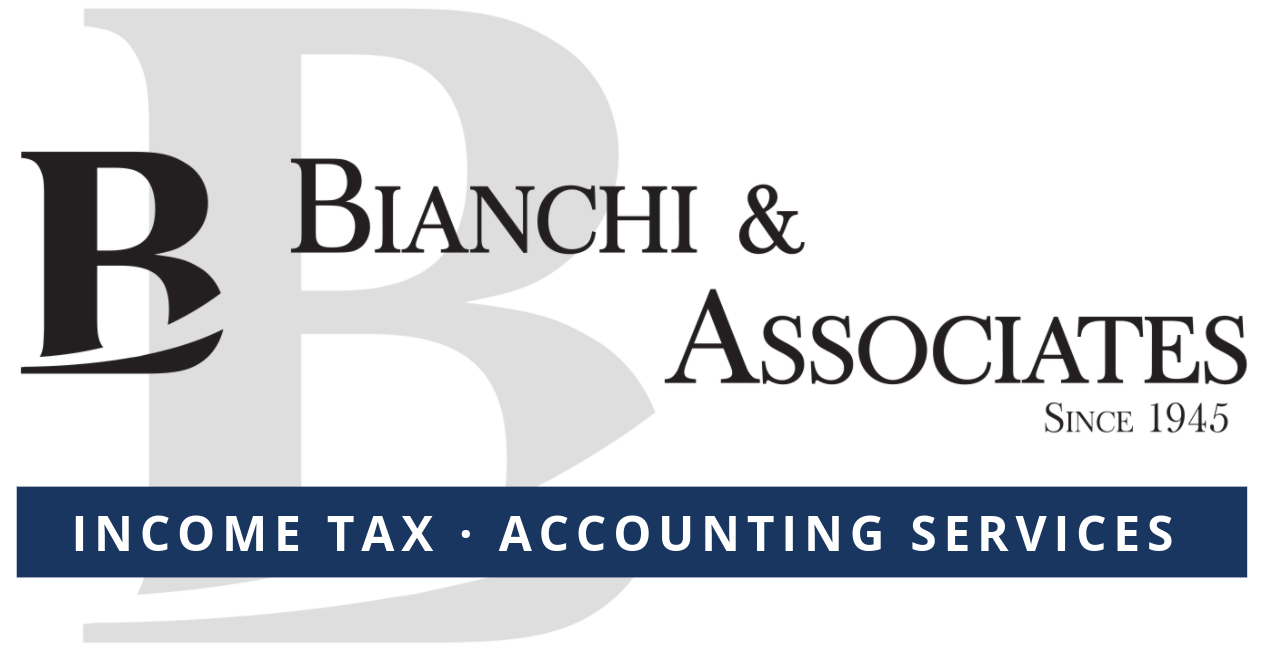Looking at balance sheets and knowing how to interpret them is a required skill for any business owner. It’s what gives you a quick view of your business’s financial standing even without the help of accounting services or a bookkeeper. Without a balance sheet, business owners will be grasping at straws, and accountants won’t be able to give strategic advice to the owner. If you plan on starting your own business, it’s best to start learning about balance sheets and why they are essential.
What Is a Balance Sheet?
Balance sheets go by many definitions, each of them providing a different dimension to what balance sheets really are and their purpose. For fundamental analysts, a balance sheet is a document that helps them in valuing a company or considering an investment opportunity. For accountants, balance sheets reveal a company’s liabilities, assets, and owners’ equity net worth.
What all those definitions have in common is the balance sheet’s ability to show the financial status of a business at a specific point in time. It’s different from just a measure of profit and loss for a particular company. Balance sheets contain a bit more information on your assets, liabilities, and equity, such as:
- What the business owns, which includes real estate, vehicles, office equipment, etc.
- The revenue you expect to take in (accounts receivable)
- The expenses you expect to pay out (accounts payable)
What’s Included in a Balance Sheet?
A typical balance sheet is composed of your company’s assets, liabilities, and equity. Let’s break down each of them.
- Assets – These are either noncurrent or current assets. Noncurrent assets are those that cannot be liquidated within a year. They typically have a longer life span as compared to current assets. Noncurrent assets can also come in the form of intangible things like patents, goodwill, and copyrights. While they are not physical in nature, they can determine whether a market makes it or not. On the other hand, tangible assets like machinery, equipment, and the building or office where you operate are current assets.
- Liabilities – These are financial obligations that you owe other entities. Long-term liabilities are debts and non-debt financial obligations that are due after a period of more than one year. Current liabilities are short-term, like account payables or monthly interest payable on loans. These must be paid within a year.
- Equity – This is the initial amount of money invested in the business by you, the owner, or your shareholders. When all of your liabilities are subtracted from your company’s assets, the result is equity.
Why Are Balance Sheets Important?
It’s clear that a balance sheet is a critical piece of documentation that will keep you informed of your company’s health in terms of its finances. Business owners shouldn’t rely too much on outsourced accounting services to keep track of their balance sheets. As the owner, you must know what to look for in your balance sheet and examine it regularly. Many business owners fail to recognize their company is already in trouble because they never considered looking at their own balance sheet.
Conclusion
The success of a business depends on quick and sound decisions made by the owner of the company and its leaders. All those decisions will primarily be based on your balance sheet information and other factors. Knowing how vital balance sheets are is the first step in succeeding as a business.
Bianchi & Associates, LLC is your go-to partner when it comes to accounting, tax preparation, financial planning, and bookkeeping services in Rochester, NY. Our team of certified financial planners, CPAs, and bookkeepers are here to help you manage your company’s finances effectively. Contact us today to schedule a consultation.
